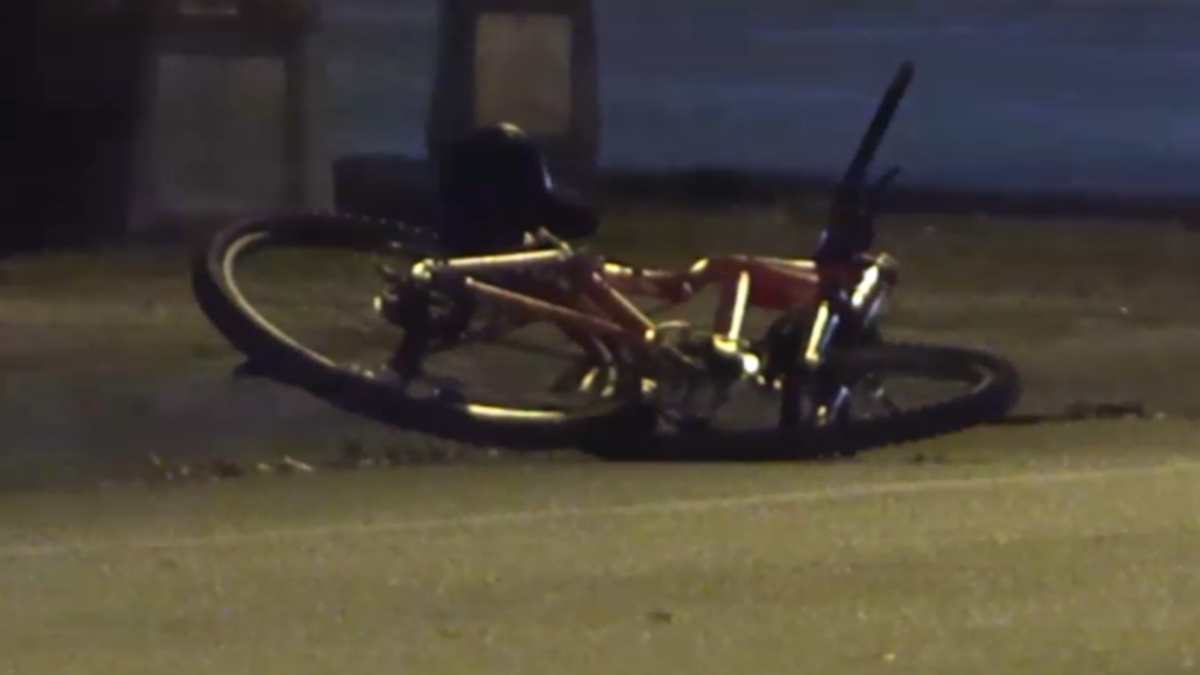Robert Johnson has been telling his story for seven years to anyone who will listen. It’s a story that motivates his mission to keep cell phones out of the hands of prison inmates.
“They started this and it’s my goal to finish it,” Johnson said. "Inmates having access to cell phones, being able to use them is a danger to the community."
In 2010, Johnson, a Delray Beach native, worked at Lee Correctional Institution in South Carolina. He’d been in corrections for 15 years and his primary job was to confiscate contraband.
He apparently was so good at his job that it led to him being shot in his home.
"About two weeks before this happened to me, we had intercepted a package, a very large package," he said. A package of contraband a prison gang believed was valued at $50,000.
On the morning of March 5, 2010, Johnson says he got up around 5:30 a.m. to go to work.
"I hear a boom as my front door is kicked in," he said. “I immediately knew then this was probably a hit."
Local
He says he called the intruder to the hallway so that he wouldn’t go into the bedroom where his wife was sleeping. He said after a short struggle, the larger man pushed him backwards.
"I saw that he raised a barrel of a gun towards me." Johnson said. "And I don’t remember anything after that until I was waking up on the bathroom floor."
Johnson was shot six times in the stomach and chest. He says the gunman shot him from less than six feet away.
Johnson says doctors and the hospital chaplain warned his wife to prepare for the worst.
"They kept calling my wife and telling her 'He’s going to die,'" he said. "She said, 'No, God isn’t through with him.'"
Johnson says his doctor calls his survival a miracle.
"He said I died twice on the operating table but he said I was too stubborn to stay dead," Johnson said.
An ex-convict recently released from prison, Sean Echols, was arrested and later convicted of the attempt on Johnson’s life.
"They contacted him (Echols) using a contraband cell phone and $6,000 on a reloadable Greendot card. They contracted with him to kill me,” Johnson said.
In the past seven years, he’s had 23 surgeries and says he’s in pain daily. But it hasn’t slowed him from his mission to try to prevent crimes caused by inmates with cell phones.
One that shocked him was the death of a nine-month old baby, Kendarius Edwards. The baby was shot and killed in his mother’s arms in Georgia. The order for the murder was made from an inmate in prison.
“Three locked-up inmates were able to call a hit on a little baby because the uncle did something they didn’t like,” Johnson said. "That’s ridiculous."
In March, Johnson testified before the Federal Communications Commission during a hearing about how to address the issue of controlling contraband cell phones in prisons. It’s considered a top safety hazard by many who work in corrections.
The FCC is involved in the issue since it regulates the airwaves used by cell phone providers. There’s a federal law that restricts the ability to “jam” signals or completely block them. So, states like Florida are turning to technology that can be more selective.
Johnson now works as a paid consultant for Securus Technologies. The company has a contract in Florida to provide paid calls for inmates in prison. Now it’s using what it calls a Wireless Containment System or managed access cell phone detection system to stop inmates’ cell phone calls.
“We are literally putting up a cell phone network,” a Securus spokesperson who asked to not be identified said. “Once the phone attaches to the network and a number is dialed, we get to choose what to do with that number.”
The antenna provides a powerful signal to the phones to attract calls coming and going from the prison to it.
“They think they are connected to their home network because we are broadcasting on the spectrum of the particular carriers, but something very different happens,” he described.
He explained that only known numbers are allowed to connect.
Calls from unauthorized numbers are dropped and unable to connect.
911 calls are able to be completed.
Securus says over prisons using their system across the country have blocked 1.7 million inmate calls.



